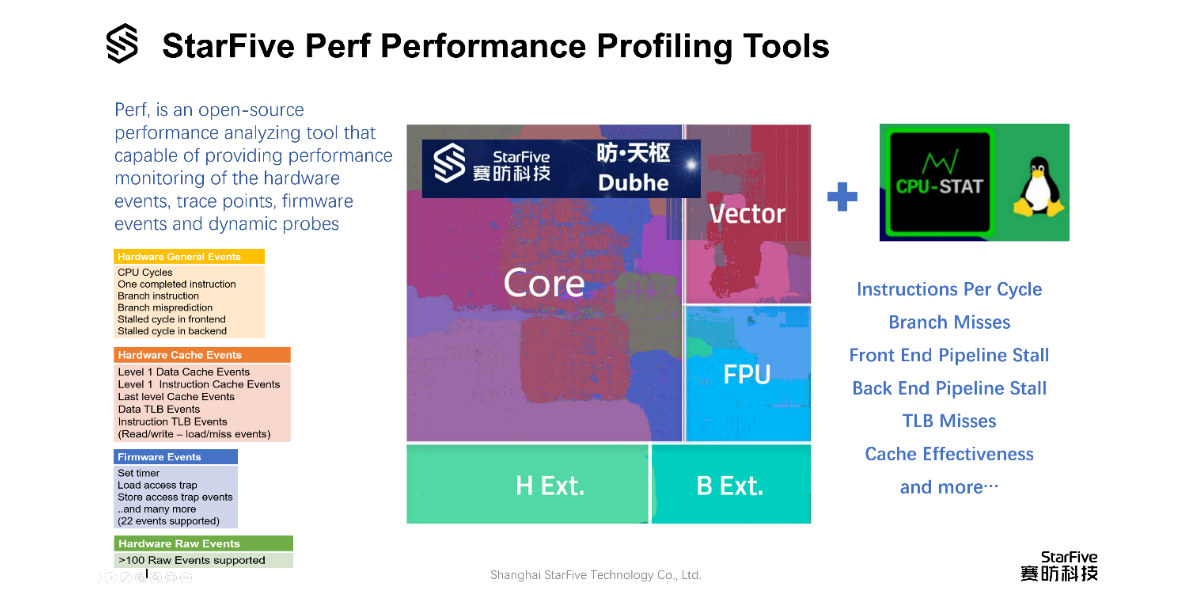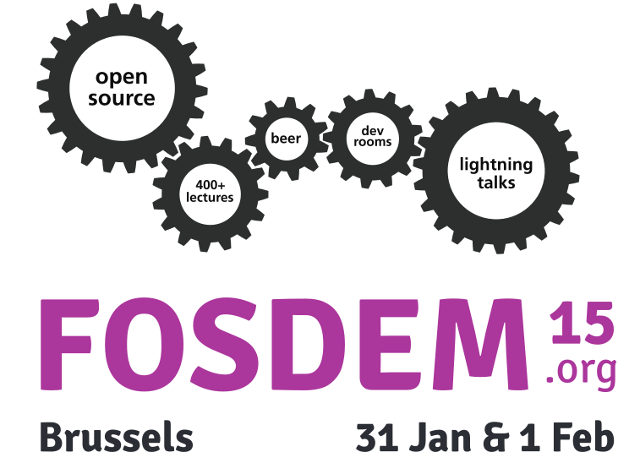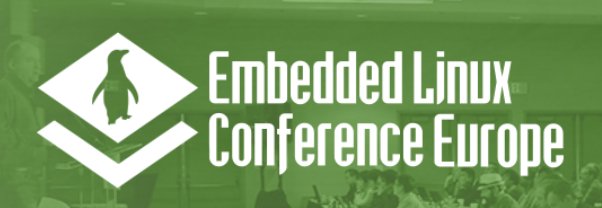As a StarFive Technology in-house developed RISC-V 64-bit ultra-high-performance core, Dubhe showcases the best performance RISC-V CPU core IP yet. It utilizes the latest RISC-V instruction set which includes RV64GC, bit operation extension (B), vector extension (V) V1.0, and hypervisor extension H (Hypervisor), making it ideal for high-performance computing. To pair with the Dubhe performance core, StarFive is now releasing “StarFive Perf Performance Profiling Tool”. StarFive has made Perf compatible with the hardware performance monitor (HPM) and micro-architecture events at the hardware level. Perf provides a reliable performance verification platform that not only facilitates customers to further discuss the Dubhe technical specifications but also accelerates the implementation of high-performance applications with RISC-V processors. Perf is an open-source and Linux-based performance analyzing tool capable of providing performance monitoring of the hardware events, tracepoints, firmware events, and dynamic probes. With the Perf profiling tool, we can monitor the performance of the predefined […]
Embedded Linux Conference 2015 Schedule – IoT, Cars, and Drones
Embedded Linux Conference 2015 will take place in San Jose, California, on March 23 – 25, 2015, and will focus on Drones, Things and Automobiles. The schedule has been published, and whether you’ll attend or not, it’s always interested to have a look at what will be talked about to have a peak into the future of Embedded Linux, or simply keep abreast with the progress in the field. So as usual, I’ve gone through the schedule, and made my own virtual program with talks that I find interesting. Monday 23rd 9:00 – 9:30 – Driving standards and Open Source to Grow the Internet of Things by Mark Skarpness, Director of Systems Engineering at Intel Billions of devices are beginning to come online, and many of these devices, large and small, are running open source software. To fuel this innovation, it’s more important than ever for these devices to use […]
FOSDEM 2015 Schedule – January 31 – February 1 2015
FOSDEM (Free and Open Source Software Developers’ European Meeting) takes place every year during the first week-end of February. This year the developer-oriented event expects to bring over 5000 geeks to share ideas and collaborate on open source projects. Contrary to most other events, it’s free to attend, and you don’t even need to register, just show up. FOSDEM 2015 will take place on January 31- February 1 in Brussels. There will be 551 sessions divided into 5 keynotes, 40 lightning talks, 6 certification exams, and with the bulk being developer rooms and main tracks, divided into 7 main tracks this year: Languages, Performance, Time, Typesetting, Hardware, Security and Miscellaneous. I’m not going to attend, but it’s still interested to see what will be talked about, and I’ve concocted my own little virtual program out of the main tracks and developers’ rooms. There’s a few minutes overlap between some talks […]
Embedded Linux Conference Europe 2013 Schedule – Build Systems, Security, Device Tree, Debugging & Profiling Techniques, and More
Embedded Linux Conference Europe 2013 will conveniently start right after LinuxCon 2013, last 2 days (October 23-24), and take place at the same location: the Edinburgh International Conference Center, Edinburgh, United Kingdom. The Linux Foundation has published the schedule for the conference, so I’ll make my own virtual schedule with sessions that I find particularly interesting. Thursday – 24th of October 9:30 – 10:10 – Timeline For Embedded Linux by Chris Simmonds, Consultant, 2net Limited Today, Linux is woven into the fabric of our technology. Things such as printers, routers, TVs and phones all have their own “Inner Penguin”. Yet it was never originally intended to be used beyond desktop and server PCs. A lot of things had to happen before Linux could break out of the PC environment and make its way in the world as a jobbing jack-of-all-trades. Since the early beginnings of embedded Linux in the late 1990’s many people have contributed […]
Linux 3.7 Release
Linus Torvalds has announced the release of Linux Kernel 3.7: Whee. After an extra rc release, 3.7 is now out. After a few more trials at fixing things, in the end we ended up reverting the kswapd changes that caused problems. And with the extra rc, I had decided to risk doing the buffer.c cleanups that would otherwise have just been marked for stable during the next merge window, and had enough time to fix a few problems that people found there too. There’s also a fix for a SCSI driver bug that was exposed by the last-minute workqueue fixes in rc8. Other than that, there’s a few networking fixes, and some trivial fixes for sparc and MIPS. Anyway, it’s been a somewhat drawn out release despite the 3.7 merge window having otherwise appeared pretty straightforward, and none of the rc’s were all that big either. But we’re done, and […]
Linaro 12.11 Release with Linux Kernel 3.7 and Android 4.2
Linaro release 12.11 has just been announced, and includes Linux Kernel 3.7-rc2 and Android 4.2. The tracking version (stable release) uses Kernel 3.4.19. This release upgrade Android to version 4.2, adds support for Origen 4 Quad board, and you can now use perf profiling utility in Linaro Android. Initial GRUB support for ARM is now available, the Ubuntu Precise server image is back online and lots of updates have been done on the kernel, mainly for Android, device tree and big.LITTLE. Here are the highlights of the release: Android Platform Enablement Android upgraded from 4.1.2 to 4.2 to all the platforms Android builds are available for Origen 4412 board setup Improvements to click-through license infrastructure MP3 playback enabled for ARM Versatile Express and Samsung Origen (4210 and 4412) Fixed riff USB issue on newer laptops Testing/LAVA Re-enabled Android CTS testing Integrated the new Methanol browser test Upstreaming Perf patch was […]
Linux 3.5 Release
Linus Torvalds has announced the release of Linux Kernel 3.5: Subject: Linux 3.5 released Ok, not a lot happened since -rc7. There’s a number of MIPS commits (for some reason MIPS has had a horrible track record with the -rc time schedule, I suspect I should just stop pulling late in the game), but most of the rest is pretty small. A couple of dm/md fixes, some gma500 work, make kgdb ‘dmesg’ command work again, some networking fixes, some xfs and cifs noise, yadda yadda. About 50% of the patch is actually the SPEAr clock name renaming that is just some search-and-replace. … Linux 3.4 brought updates to Btrfs file system, some new Intel, AMD and NVidia GPU drivers, X32 ABI, perf tool improvements and support for Yama security module and QNX6 file system. Linux 3.5 brings the following key changes: ext4 metadata checksums: Ext4 has added the ability to […]
Linux 3.4 Release
Linus Torvalds has just announced the release of Linux Kernel 3.4 on the 20th of May: I just pushed out the 3.4 release. Nothing really exciting happened since -rc7, although the workaround for a linker bug on x86 is larger than I’d have liked at this stage, and sticks out like a sore thumb in the diffstat. That said, it’s not like even that patch was really all that scary. In fact, I think the 3.4 release cycle as a whole has been fairly calm. Sure, I always wish for the -rc’s to calm down more quickly than they ever seem to do, but I think on the whole we didn’t have any big disruptive events, which is just how I like it. Let’s hope the 3.5 merge window is a calm one too. Linus Linux 3.3 merged Android drivers to mainline, added further improvements to btrfs and ext-4 file […]







